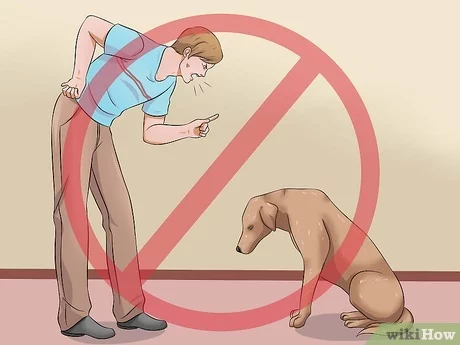How To Know If Your Dog Has Heartworms
Heartworms are a serious concern for dog owners and can cause significant health problems if left untreated. But how do you know if your dog has heartworms? In this article, we will discuss the signs and symptoms of heartworm disease in dogs, how it is diagnosed, and the treatment options available.
What Are Heartworms?
Heartworms are parasitic worms that live in the heart, lungs, and blood vessels of infected animals. They are transmitted through the bite of an infected mosquito and can affect both dogs and cats. While heartworm disease is more common in dogs, cats can also be affected.
Heartworm disease is a progressive illness that can lead to heart failure, lung disease, and other serious health problems if left untreated. Therefore, it’s essential to know the signs and symptoms of heartworm disease so that you can seek treatment for your furry friend as soon as possible.
Signs and Symptoms of Heartworm Disease
The signs and symptoms of heartworm disease can vary depending on the severity of the infection. Some dogs may not show any symptoms at all, while others may have severe symptoms.
The most common signs of heartworm disease include:
1. Coughing: A persistent cough is one of the most common signs of heartworm disease in dogs. The cough may be dry or moist and may worsen after exercise or when your dog is lying down.
2. Fatigue: Dogs with heartworm disease may become easily fatigued or tired after mild activity.
3. Loss of Appetite: Dogs with heartworm disease may experience a loss of appetite or weight loss.
4. Difficulty Breathing: As the infection progresses, dogs with heartworm disease may have difficulty breathing due to lung damage.
5. Swollen Belly: Dogs with advanced heartworm disease may develop a swollen belly due to fluid accumulation in the abdomen.
Diagnosing Heartworm Disease
If you suspect that your dog has heartworm disease, your veterinarian will perform a physical exam and recommend diagnostic tests to confirm the diagnosis.
The most common diagnostic test for heartworm disease is a blood test that detects the presence of adult heartworms in the bloodstream. The test can also detect antibodies produced by the dog’s immune system in response to the infection.
In some cases, your veterinarian may recommend an X-ray or ultrasound to assess the extent of the damage caused by the infection.
Treatment Options for Heartworm Disease
Treatment for heartworm disease involves killing the adult worms and managing any complications associated with the infection. Treatment options may vary depending on the severity of the infection and other underlying health conditions.
The most common treatment for heartworm disease involves administering medication to kill adult worms. The medication is given over a period of several weeks, and your dog will need to be closely monitored during this time.
In severe cases of heartworm disease, surgery may be necessary to remove adult worms from the heart and lungs. While surgery is more invasive than medication, it can be effective in reducing the severity of symptoms and improving overall health outcomes.
Preventing Heartworm Disease
Prevention is key when it comes to protecting your furry friend from heartworm disease. There are several preventative measures you can take to reduce your dog’s risk of contracting heartworms:
1. Administer monthly heartworm prevention medication as directed by your veterinarian.
2. Keep your pet indoors during peak mosquito season (typically from June through November).
3. Reduce standing water around your home to limit mosquito breeding grounds.
4. Use mosquito repellent products designed for dogs.
Conclusion
Heartworm disease is a serious concern for dog owners, but early detection and treatment can help ensure a positive outcome. Knowing the signs and symptoms of heartworm disease is essential so that you can seek veterinary care if necessary. Remember to take preventative measures such as administering monthly heartworm prevention medication and reducing mosquito breeding grounds to protect your furry friend from this potentially deadly disease.



